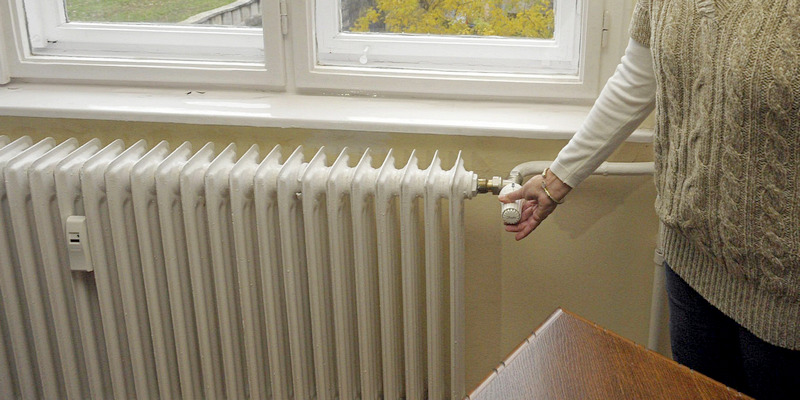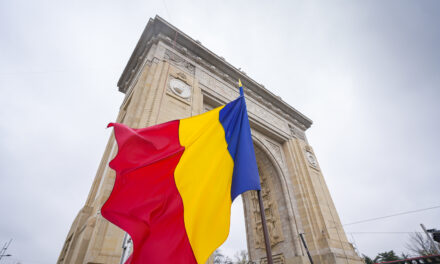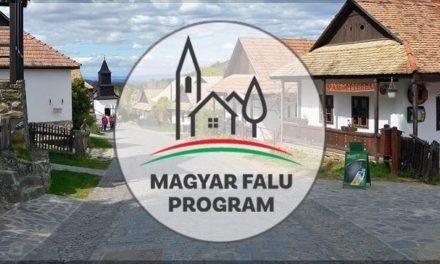According to the newly announced decision of the Italian authorities in Rome, apartments can be heated for four hours a day from Monday to December 1st, after which the number of heating hours can be increased depending on the weather, but this cannot exceed eleven hours a day. The residential communities could decide for themselves when these four hours a day would be. The heating season in the capital lasts until April 7.
The heating season started a week later than usual this year in order to save energy. Due to the sudden arrival of autumn, the mayor of Rome, Roberto Gualtieri, had already authorized the heating, but few people took advantage of the opportunity, because the residential communities have to pay separately for reprogramming the boilers several times.
Italy was divided into five different heating zones according to the average temperature of the respective areas. In the inhabited areas of the Alps and the Apennines, heating can be done without restrictions from the second half of October. In the northern provinces, heating started in the last week of October, in Central Italy from now on, and on the southern islands, the first heating day will be December 8.
However, there are places in Sicily where the heating has already started, because the settlement is located at an altitude of at least a thousand meters.
Rome belongs to the so-called zone D: the temperature is still above 15 degrees Celsius during the day, but drops below ten degrees at night. The apartments are designed to protect against the summer heat, the current four-hour daily heating is not enough to warm the homes, especially where there are no insulated windows and the floors are covered with stone.
In the capital's educational institutions and hotels, heating has been running since the last week of October, and in public offices, if necessary, only from now on.
According to government data, almost five million families have received utility allowances since February, and another six hundred thousand families are waiting for their applications to be fulfilled.
The municipality of the thirteenth district, one of the most populous districts of Rome, provides a one-time subsidy of five hundred euros for the payment of electricity and gas bills, which more than 370,000 households have applied for so far. In the case of a family with two children, the sum is sufficient to cover approximately two months' utility costs.
Between February and September, the government led by Mario Draghi earmarked almost 50 billion euros from the budget to help families and businesses against increased energy costs, the first measure of the new government led by Giorgia Meloni was to allocate another nine billion euros for the same purpose.
MTI
Cover photo: MTI/ATTILA KÓVÁCS













